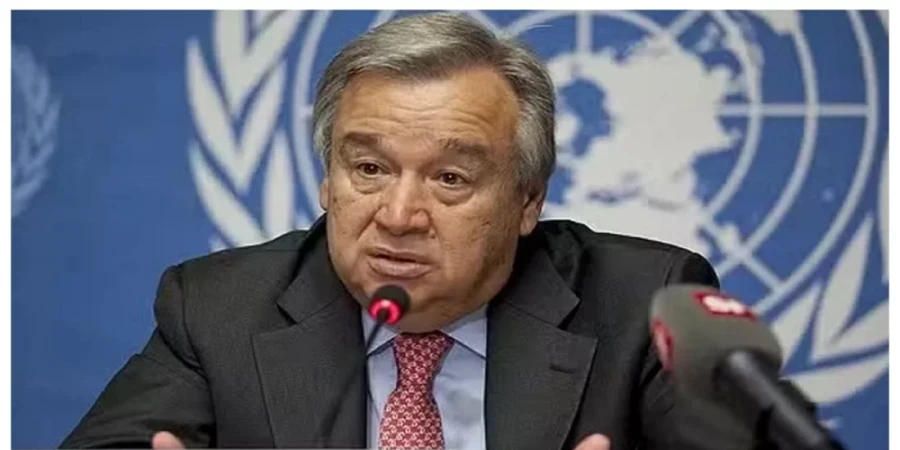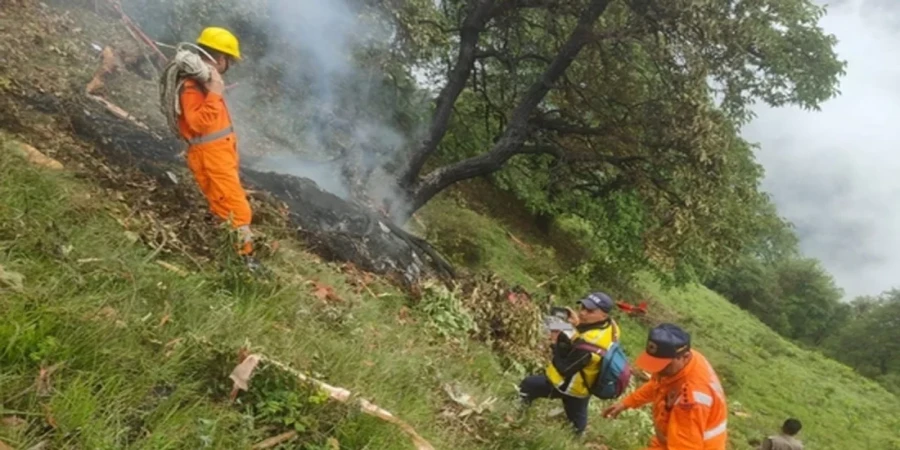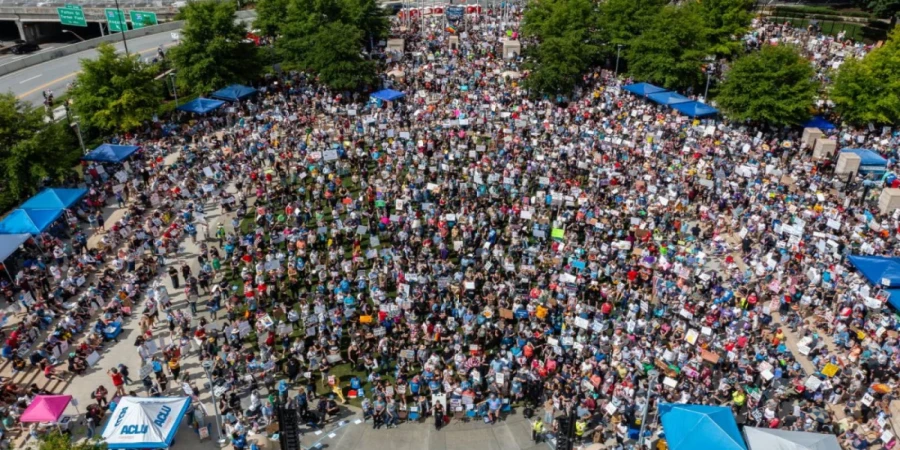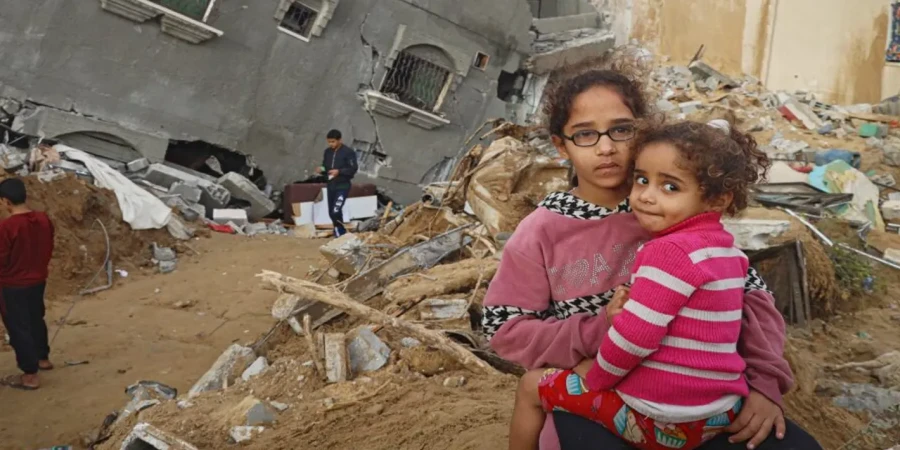
ছবি: Photo: Collected
United Nations Secretary-General Antonio Guterres has issued a direct appeal to both Iran and Israel to cease hostilities amid a sharp escalation in military confrontations between the two nations. In a message posted on his verified X (formerly Twitter) account, Guterres stated that the recent missile strikes on Tel Aviv and the bombing of Iran’s nuclear facilities have reached a critical threshold, urging both sides to put an end to the violence. “Enough is enough,” he wrote. “It is time to stop. Let peace and diplomacy prevail.”
The Secretary-General's comments follow a series of high-intensity military exchanges that began on Thursday, when Israel launched a surprise offensive into Iranian territory under the codename “Operation Rising Lion.” The Israeli strikes targeted multiple strategic locations including military installations, nuclear research facilities, and even residential zones across Tehran and other regions.
This operation led to significant casualties within Iran’s military and scientific leadership. Among the deceased were Mohammad Bagheri, Chief of Staff of Iran’s Armed Forces; Hossein Salami, Commander of the Islamic Revolutionary Guard Corps (IRGC); Major General Gholam Ali Rashid, a senior commander at the Khatam al-Anbiya headquarters; as well as six nuclear scientists. In total, at least 78 individuals lost their lives in the Israeli bombardments, according to Iranian state sources.
In retaliation, Iran initiated a counteroffensive named “Operation True Promise-3” on Friday night, June 13. The campaign involved a coordinated missile barrage aimed directly at Israel, striking several key locations, including its commercial capital, Tel Aviv. As the missiles approached, Israeli Prime Minister Benjamin Netanyahu reportedly sought refuge in an underground bunker accompanied by top military and cabinet officials, a precautionary measure underscoring the gravity of the situation.
Reports from the Qatari-based Al Jazeera network indicated that the Iranian missile strikes occurred in three distinct phases. Several missiles made direct impact in Tel Aviv, resulting in the death of one woman and injuries to at least 48 others. Emergency services scrambled to respond to the devastation as fears of further attacks loomed over the Israeli public.
Meanwhile, global leaders have expressed growing concern over the intensifying conflict. President of the European Commission, Ursula von der Leyen, voiced her apprehension regarding the rapidly deteriorating regional stability. In a statement issued after her conversation with Israeli President Isaac Herzog, she expressed support for Israel’s right to defend itself but emphasized the importance of maintaining broader regional equilibrium. She urged all involved parties to exercise maximum restraint and underscored the necessity of taking a proactive and effective approach to de-escalation.
Despite mounting international calls for calm, the geopolitical tension between Iran and Israel shows no immediate signs of abating. The current conflict is not only disrupting regional peace but also raising alarms over the potential involvement of allied forces, which could turn a bilateral confrontation into a broader Middle Eastern crisis.
Efforts by mediators, including members of the United Nations, the European Union, and regional actors, are ongoing. However, with the situation developing rapidly and both countries sustaining heavy casualties and infrastructure damage, the path to diplomacy remains uncertain. As of now, both governments appear steadfast in their respective military strategies while international bodies scramble to intervene and prevent a full-scale war.
Guterres concluded his message with a renewed plea for dialogue and peaceful resolution, emphasizing that only through diplomacy and mutual understanding can a long-term solution be achieved. His remarks were echoed by other international figures, who warned that continued escalation could have irreversible consequences for not just the region but global peace and security.
repoter





